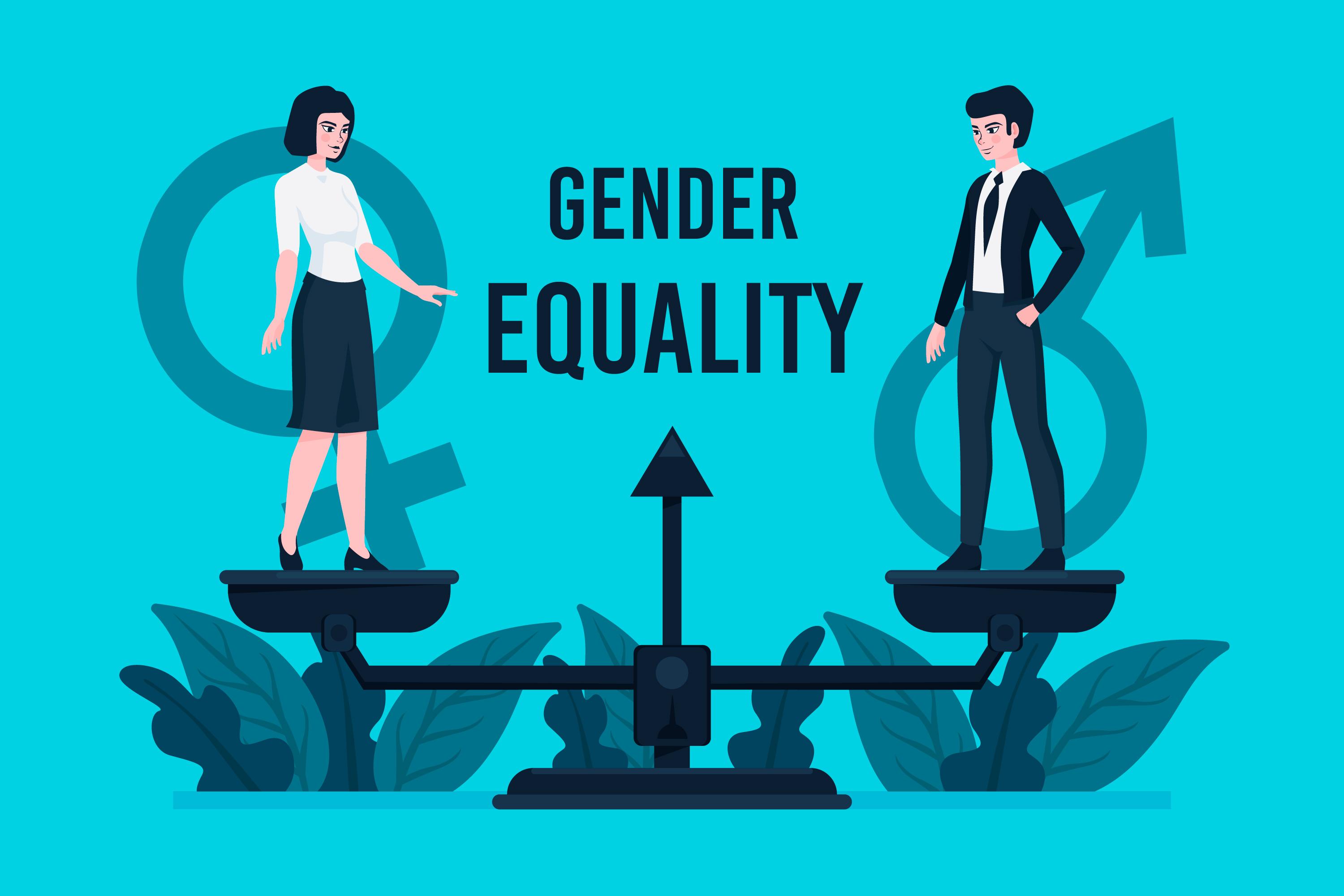

How does gender discrimination in the workplace affect employees' performance and overall job satisfaction?
Gender discrimination in the workplace can have significant negative effects on employees' performance and overall job satisfaction. Here are some ways in which gender discrimination can impact employees:
1. Reduced motivation and engagement: When employees experience gender discrimination, they may feel undervalued, marginalized, or excluded. This can lead to a decrease in motivation and engagement with their work. For example, if a female employee consistently receives lower pay or fewer opportunities for career advancement compared to her male counterparts, she may become demotivated and disengaged, resulting in decreased performance and job satisfaction.
2. Impaired mental health: Gender discrimination can also have adverse effects on employees' mental health. Experiencing unfair treatment based on gender can lead to stress, anxiety, and depression. These mental health issues can significantly impact job performance and overall satisfaction. For instance, a male employee who faces constant belittlement or ridicule due to his gender may struggle with self-esteem issues, affecting his ability to perform well at work.
3. Decreased productivity and creativity: Discrimination can create a hostile work environment where employees are unable to fully contribute their skills and ideas. When employees feel excluded or face gender-based biases, they may be less likely to share their opinions, collaborate effectively, or take risks. This lack of participation can hinder productivity and limit creativity within the workplace. For example, if a female employee's ideas are consistently dismissed or ignored, she may become hesitant to contribute her innovative thoughts, ultimately impacting the organization's performance.
4. Increased turnover and absenteeism: Gender discrimination can lead to higher turnover rates and increased absenteeism. Employees who experience discrimination may feel compelled to leave the organization in search of a more inclusive work environment. This turnover can be costly for companies, as it involves recruiting, training, and onboarding new employees. Additionally, employees who are subjected to discrimination may take more sick days due to stress-related illnesses or to avoid the negative work environment. This absenteeism can disrupt workflow and impact overall productivity.
Overall, gender discrimination in the workplace has profound consequences on employees' performance and job satisfaction. It diminishes motivation, impairs mental health, reduces productivity and creativity, and increases turnover and absenteeism. Organizations must actively work towards eliminating gender discrimination by fostering inclusive cultures, implementing fair policies, and promoting equal opportunities for all employees.
References:
1. Brescoll, V. L., Uhlmann, E. L., & Newman, G. E. (2013). The effects of system-justifying motives on endorsement of essentialist explanations for gender differences. Journal of Personality and Social Psychology, 105(6), 891–908.
2. Cortina, L. M., & Magley, V. J. (2003). Raising voice, risking retaliation: Events following interpersonal mistreatment in the workplace. Journal of Occupational Health Psychology, 8(4), 247–265.
3. Ragins, B. R., & Cornwell, J. M. (2001). Pink triangles: Antecedents and consequences of perceived workplace discrimination against gay and lesbian employees. Journal of Applied Psychology, 86(6), 1244–1261.
Related Posts
© 2026 Invastor. All Rights Reserved

User Comments
Nora Howells
2 years ago
And let's not forget about the impact on team dynamics. Discrimination can create a toxic work environment and harm collaboration and team cohesion.
Aurora Bruce
2 years ago
Exactly. Employees might become reluctant to take on new challenges or projects if they feel their efforts won't be recognized or rewarded fairly.
Hazel Hyde
2 years ago
I can see how all of this can create a negative cycle. Discrimination leads to poor performance, which then affects career progression and opportunities.
Aiden Parkers
2 years ago
Plus, the stress of dealing with discrimination can impact mental health. This could lead to absenteeism, increased turnover, and even burnout.
Michaela Mitchell
2 years ago
Well, employees who feel undervalued or discriminated against might become disengaged. They might not put in their best effort, and this could lead to lower productivity and a decrease in the quality of their work.
Luca Wyatt
2 years ago
So, how does this emotional toll translate into tangible performance issues?
Hudson Fry
2 years ago
Absolutely. It's not just about the emotional toll; it can affect an employee's confidence and self-esteem as well.
Avery Lees
2 years ago
Gender discrimination can have a significant impact on employees' performance. When someone is treated unfairly based on their gender, it can lead to decreased motivation and job satisfaction.
Leo Summers
2 years ago
I've experienced instances of gender discrimination at work, and it's really disheartening. But I've often wondered how it actually affects our performance.